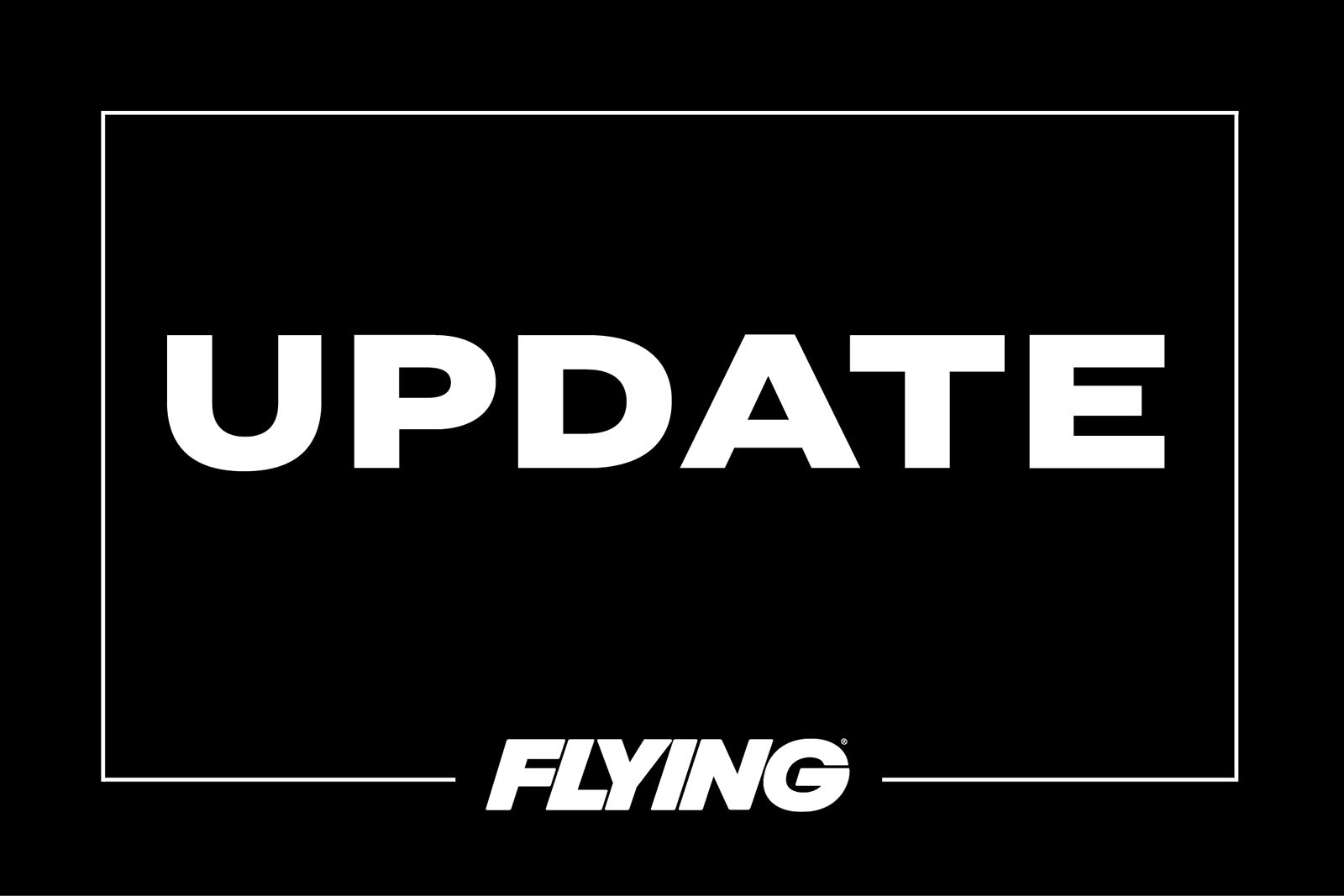Right! And that's ok - but the professional in you "tries" to get better at understanding a wide variety of stuff. I'm terrible at aeromedical stuff - hell, I thought humans had a gizzard until my wife (a nurse) laughed in my face at my ignorance. Still, even though it was hard and there were a litany of seemingly irrelevant facts to learn, I tried to learn as much about it as I could... because, well, it was my vocation! And part of being good at anything requires that you practice the hard stuff more.
The fact that different folks do better at different things is not only "ok" - indeed it's really a great thing. Variety gives you two people with complimentary skillsets in the cockpit - that's good. I have a friend of mine who's now at UPS, who is basically the smartest "people person" I have ever met. He's able to just intuit what other people are thinking. He reads a wide variety about psychology and human factors. He's interested in the systems stuff but it's not his passion - he does what he needs to do to get by; his gift is for "how other humans think." He's a great dude to fly with for that very reason.
Still, he's a consummate professional and spends the time in the books, even reviewing things that "he doesn't need" in order to go beyond "just being good" to being "great" at his job. I think that's really important. Do we want to be "good" at our jobs, or "great at them?" What do the passengers expect? If you have no passengers, who would you want to fly with? The guy who's "good" at the job, or the guy who's great at the job? Note that's not a one dimensional thing either of stick skills, or systems knowledge - it's a continuum across many different things.
In the polar chart of aviation and professional skills, what axes has one neglected? Find that axis and attempt to improve upon it.
Yeah, I love that stuff! I miss flying immensely, and think about it nearly daily - but it's not just the trivia of how systems work that's interesting, there's the math and problemsolving that you can explore in how you might choose to plan a flight or operate more efficiently etc. That stuff is great.


